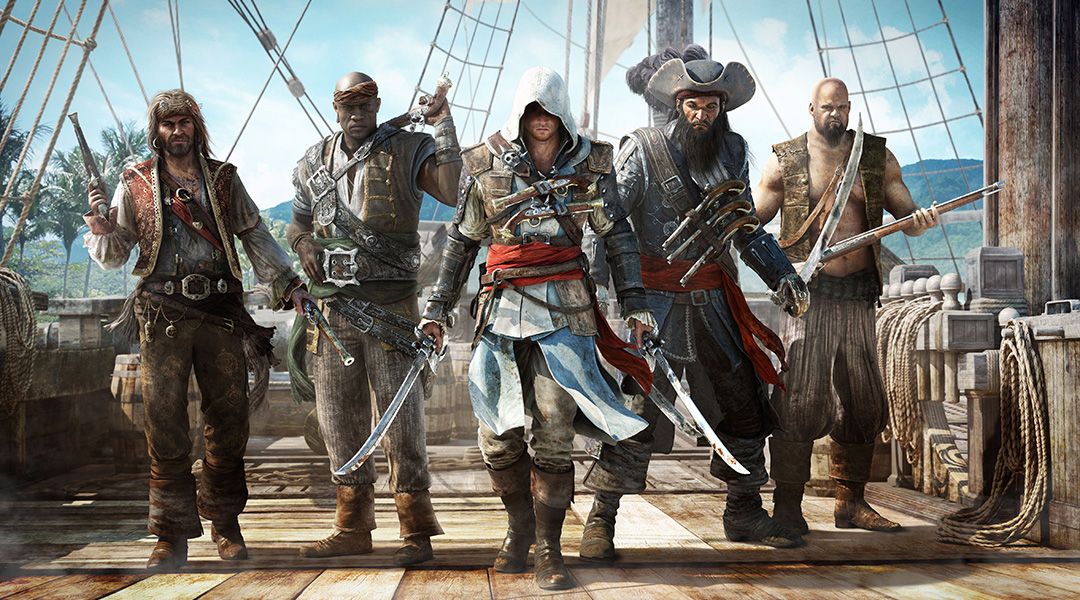Over the years, one of the biggest debates within the video game industry has been over the impact of video game piracy on game sales, with some even suggesting that anti-piracy measures cause piracy. Now, a recently-revealed study has concluded that there is insufficient evidence of video game piracy impacting negatively on video game sales.
The study, which was carried out by Ecorys on behalf of the European Commission, took an in-depth look at the piracy of media in general, across movies, television, books, and games in the countries of the UK, Germany, France, Spain, Poland, and Sweden. Overall, the study found that 51% of those adults consulted admitted to illegally downloading or streaming content, with 18% admitting to doing so with video games.
However, in spite of these figures, the report did not find "robust statistical evidence of displacement of sales by online copyright infringements." The report continues to state that it "does not necessarily mean that piracy has no effect but only that the statistical analysis does not prove with sufficient reliability that there is an effect." Indeed, the only area where there seemed to be conclusive evidence of an impact was with movies, rather than with video games or television.
Interestingly enough, there are suggestions within the report that there are ways for companies to successfully transfer these pirates into paying customers, with even some evidence to suggest that "illegal consumption leads to increased legal consumption" in some cases. In particular, the report cites that allowing a greater level of content to paying customers could help change pirates into legitimate users if they enjoy the game they have played.
Over the years, many different methods have been tried to combat piracy, from the extremely controversial use of DRM through to some more interesting choices. In particular, Game Dev Tycoon's meta gaming moment stands out, with pirates suffering from excessive pirating of their own in-game creations.
It's certainly an interesting study, and one that will hopefully make some companies take stock of what piracy means for their games. Of course it's worth noting that piracy can hurt video games in other ways, particularly when it comes to unplanned stresses on multiplayer components and negative user reviews from those playing leaked, unfinished versions of games. However, it would be refreshing to see the industry try and see ways to turn piracy into something positive.
Source: European Commission

